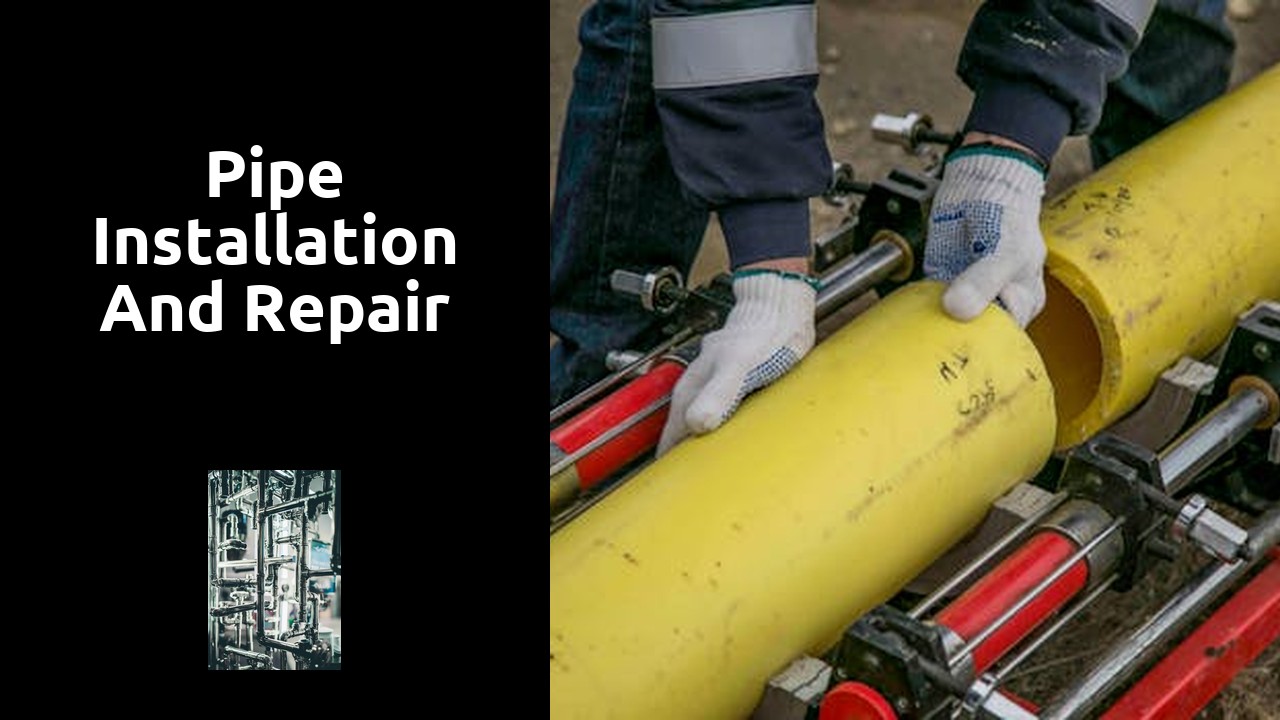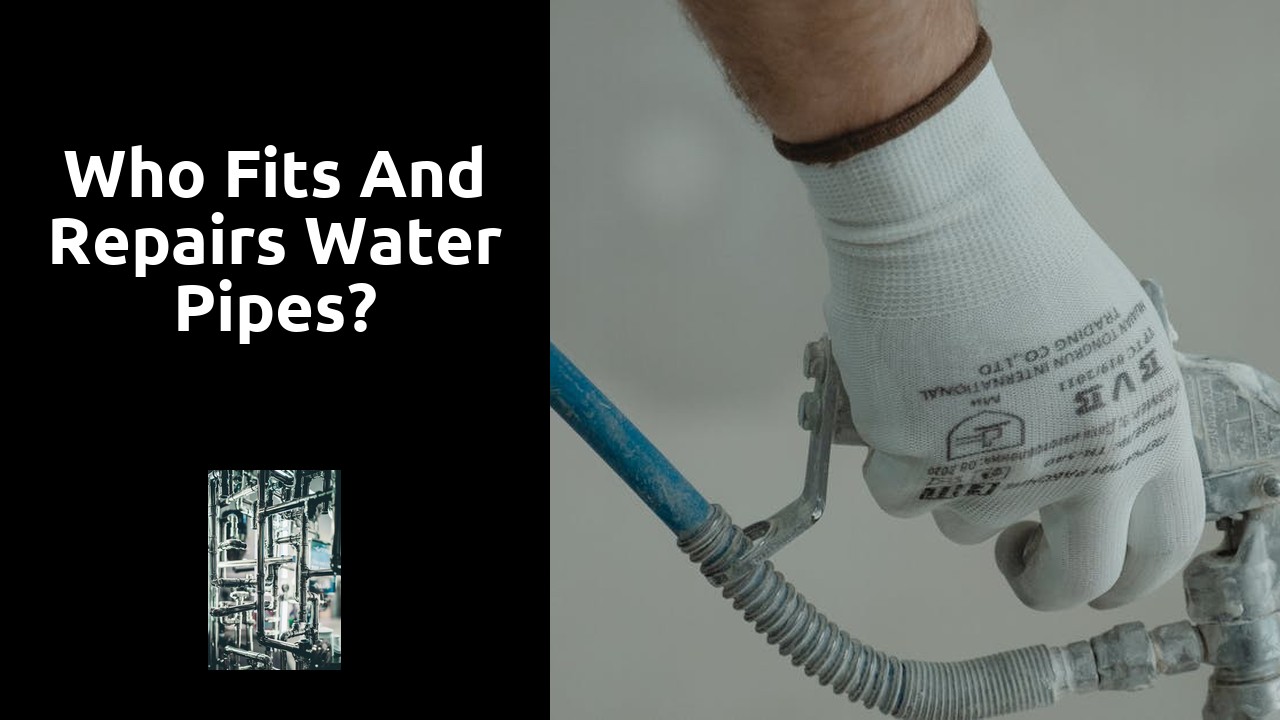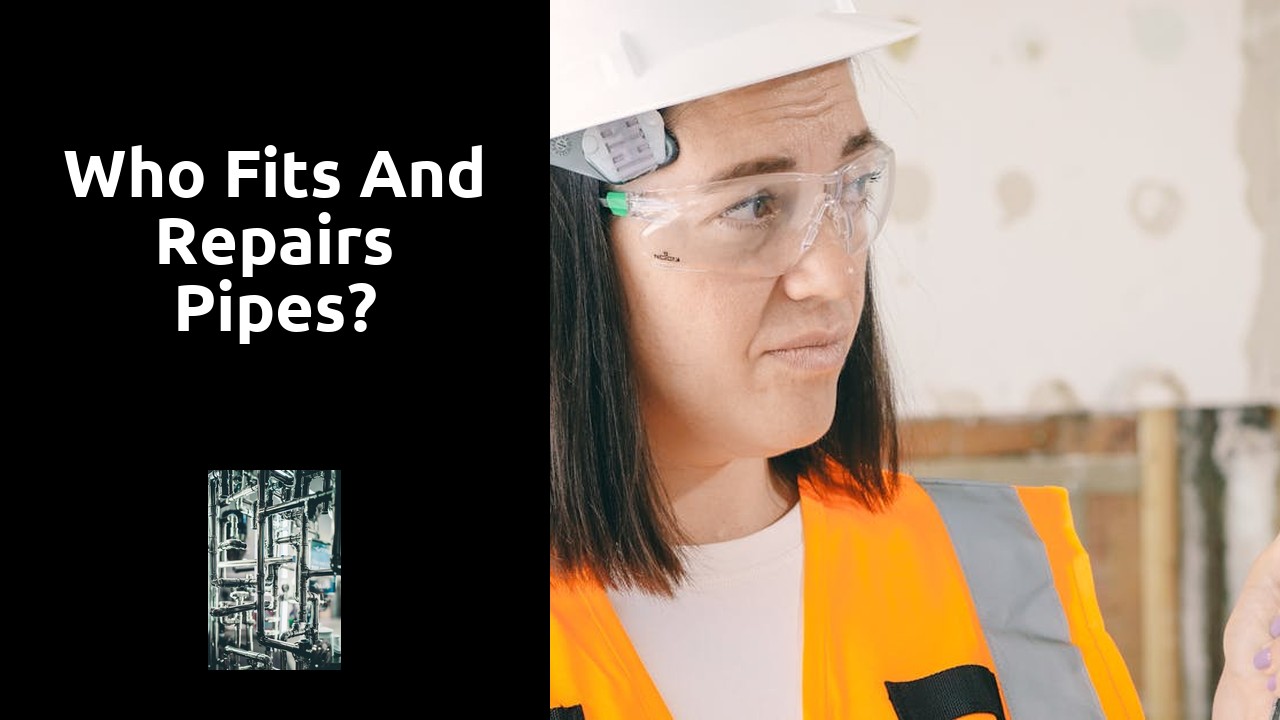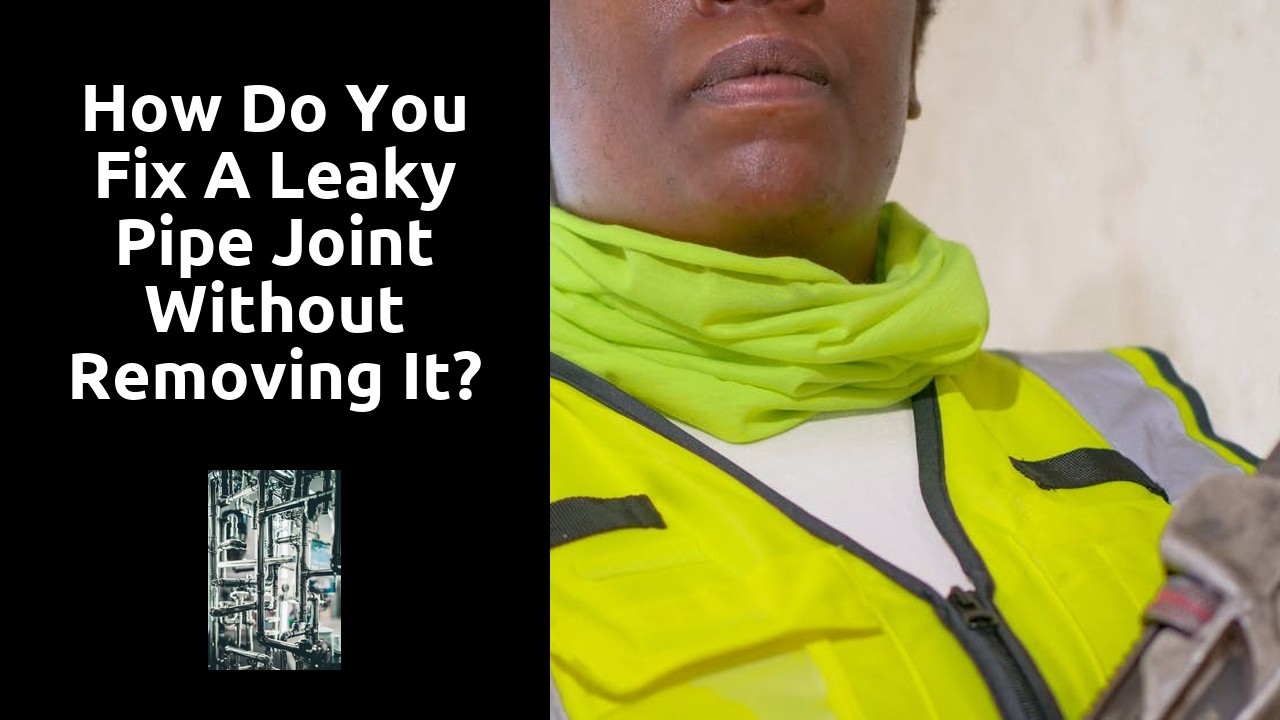
Pipe installation and repair
Velvet Plumbing offers top-notch pipe installation and repair services to ensure the proper flow of water and other utilities in your home or business. Our team of skilled technicians is trained to handle a variety of pipe materials and sizes, guaranteeing a professional installation or repair job every time. With years of experience in the plumbing industry, we have the knowledge and expertise to quickly diagnose and address any issues with your pipes, preventing potential leaks or water damage. Whether you need new pipes installed for a renovation project or have a leak that needs immediate attention, Velvet Plumbing is here to provide reliable and efficient service. Trust us to keep your pipes in top working condition.
Tools Needed for Pipe Work
When embarking on pipe installation or repair projects, having the necessary tools is essential for a successful outcome. One of the basic tools required is a pipe wrench, which comes in various sizes to accommodate different pipe diameters. The pipe wrench is pivotal for securely gripping and turning pipes during installation and repairs, ensuring a tight and leak-free connection. Additionally, having a set of adjustable wrenches is beneficial for tightening or loosening nuts and bolts that secure pipes in place.
Another indispensable tool for pipe work is a tubing cutter, allowing for precise and clean cuts on pipes. This tool is particularly useful when needing to resize or replace sections of pipe without causing damage or distortion. Alongside a tubing cutter, a pipe cutter designed specifically for cutting PVC or metal pipes efficiently is recommended. These cutters ensure even cuts, providing a smooth surface to work with for joining pipes seamlessly.
Essential Equipment for Successful Installations and Repairs
When it comes to pipe installation and repair, having the right equipment is essential for successful outcomes. One of the key tools needed is a pipe cutter, which allows for precise cutting of pipes to the required length. A pipe wrench is also crucial for tightening and loosening pipe fittings securely without causing damage.
Moreover, a tubing cutter is indispensable for cutting copper or plastic tubing with precision and ease. An adjustable wrench is handy for various tasks, such as tightening or loosening nuts and bolts on pipes. Additionally, a torch kit for soldering copper pipes is essential for securely joining them together. With these essential tools in your kit, you'll be well-equipped to handle various pipe installation and repair projects efficiently and effectively.
Pipe Maintenance Tips
Maintaining your pipes is crucial to ensure the longevity and efficiency of your plumbing system. One essential tip for pipe maintenance is to regularly inspect your pipes for any signs of leaks, corrosion, or damage. By detecting issues early on, you can prevent costly repairs and water damage to your property. Additionally, be mindful of any unusual sounds or odors coming from your pipes, as these could indicate potential problems that need to be addressed promptly.
Moreover, incorporating a regular cleaning routine for your pipes can help prevent clogs and blockages. Utilizing natural remedies like baking soda and vinegar or investing in environmentally friendly drain cleaners can help keep your pipes clear of debris and buildup. Remember to avoid flushing items like grease, paper towels, and other non-dissolvable materials down your drains, as they can lead to obstructions and hinder the flow of water through your pipes. By taking these proactive measures, you can ensure that your pipes function smoothly and efficiently.
Preventative Measures to Extend the Lifespan of Your Pipes
To ensure your pipes last for years to come, proactive measures must be taken to prevent potential damage. One fundamental practice is to avoid hanging heavy objects or putting excessive pressure on exposed pipes. Any undue stress can lead to cracks, leaks, or even bursts, causing significant damage to your plumbing system. By being cautious and mindful of how you handle pipes in your home, you can minimize the risk of costly repairs down the line.
Additionally, regular inspections and maintenance play a crucial role in extending the lifespan of your pipes. Periodically check for any signs of leaks, corrosion, or rust on your pipes. Addressing these issues promptly can prevent minor problems from escalating into major ones. Moreover, scheduling routine maintenance with a professional plumber can help detect any underlying issues early on, ensuring that your pipes remain in optimal condition. By staying proactive and vigilant in caring for your plumbing system, you can avoid unexpected breakdowns and prolong the longevity of your pipes.
Dealing with Clogs and Blockages
Recognizing clogs and blockages in your pipes is a frustrating but common issue that many homeowners face. When water starts to drain slowly or backs up completely in sinks, showers, or toilets, it's a clear sign that there is an obstruction in the plumbing system. Instead of reaching for harsh chemical drain cleaners that can damage your pipes, consider using more natural solutions to clear the blockage. One effective method is pouring a mixture of baking soda and vinegar down the drain followed by hot water, which can help break down the clog without causing harm to your pipes.
For more stubborn clogs that refuse to budge, using a plunger can be a simple yet powerful tool to dislodge the blockage. Make sure to have a good seal around the drain opening and apply firm, consistent pressure to create the necessary suction to move the obstruction. If the plunger doesn't work, you may need to use a plumbing snake or auger to reach deeper into the pipe and break apart the clog. Regular maintenance and quick action when dealing with clogs can help prevent more serious issues down the line and keep your plumbing system running smoothly.
Effective Solutions for Clearing and Preventing Obstructions
To effectively address clogs and blockages in your pipes, one of the most common solutions is to use a plunger. A plunger creates suction that can help dislodge minor obstructions in your pipes, allowing water to flow freely again. It is important to use a plunger specifically designed for either sink or toilet drains to maximize its effectiveness.
In cases where a plunger is not sufficient, you may want to consider using a plumber's snake or auger. These tools are designed to reach deeper into the pipes to break apart and remove more stubborn clogs. Remember to always follow the manufacturer's instructions when using these tools to avoid causing damage to your pipes.
FAQS
What tools are essential for pipe installation and repair work?
Some essential tools for pipe work include pipe wrenches, pipe cutters, pipe threaders, Teflon tape, a hacksaw, a plunger, and a pipe inspection camera.
How can I ensure successful pipe installations and repairs?
To ensure successful installations and repairs, it is important to have essential equipment such as a pipe cutter, soldering torch, and pipe fittings. Additionally, following proper procedures and using the correct materials are key to successful outcomes.
What are some tips for maintaining pipes in good condition?
Regularly inspecting pipes for leaks, corrosion, or damage is essential for maintenance. Additionally, keeping pipes clean, avoiding putting harmful substances down drains, and insulating pipes in cold weather can help maintain their condition.
How can I extend the lifespan of my pipes?
To extend the lifespan of your pipes, consider implementing preventative measures such as regular inspections, addressing leaks promptly, avoiding putting harmful substances down drains, and properly insulating pipes in colder climates.
What are effective solutions for dealing with clogs and blockages in pipes?
Effective solutions for clearing and preventing obstructions in pipes include using a plunger, drain snake, or chemical drain cleaner. Additionally, preventive measures such as regularly cleaning drains and avoiding putting grease or large objects down drains can help prevent clogs.


